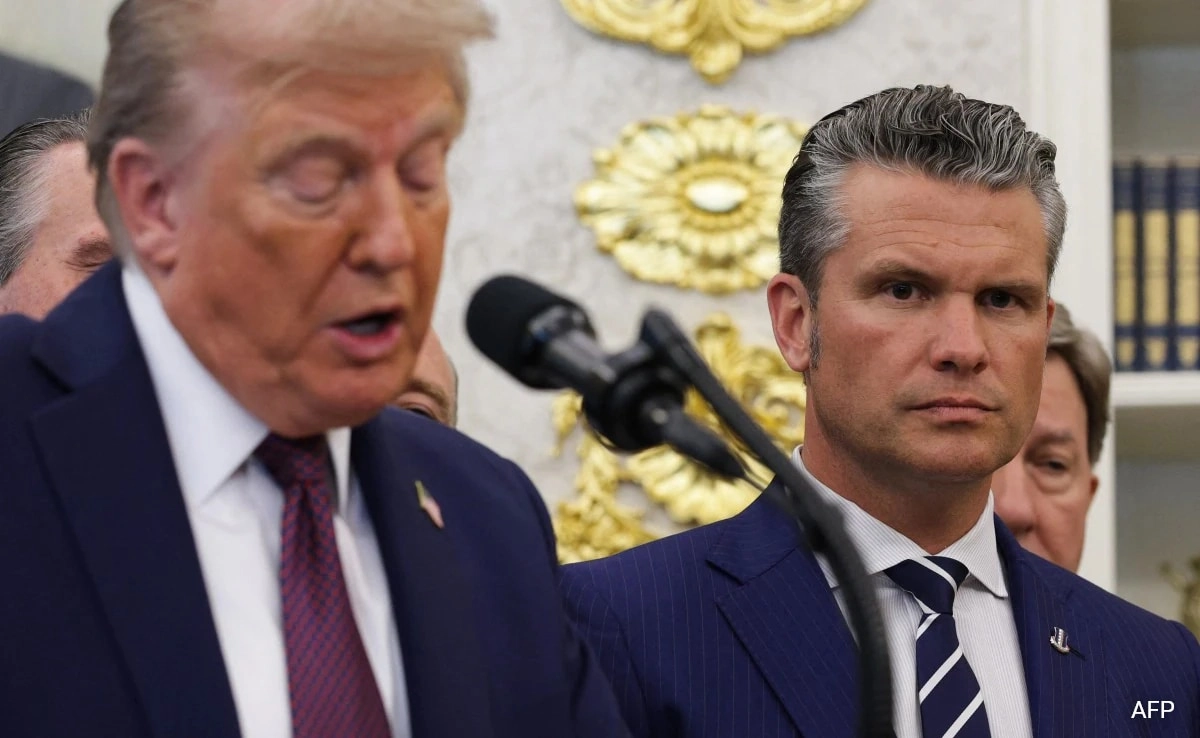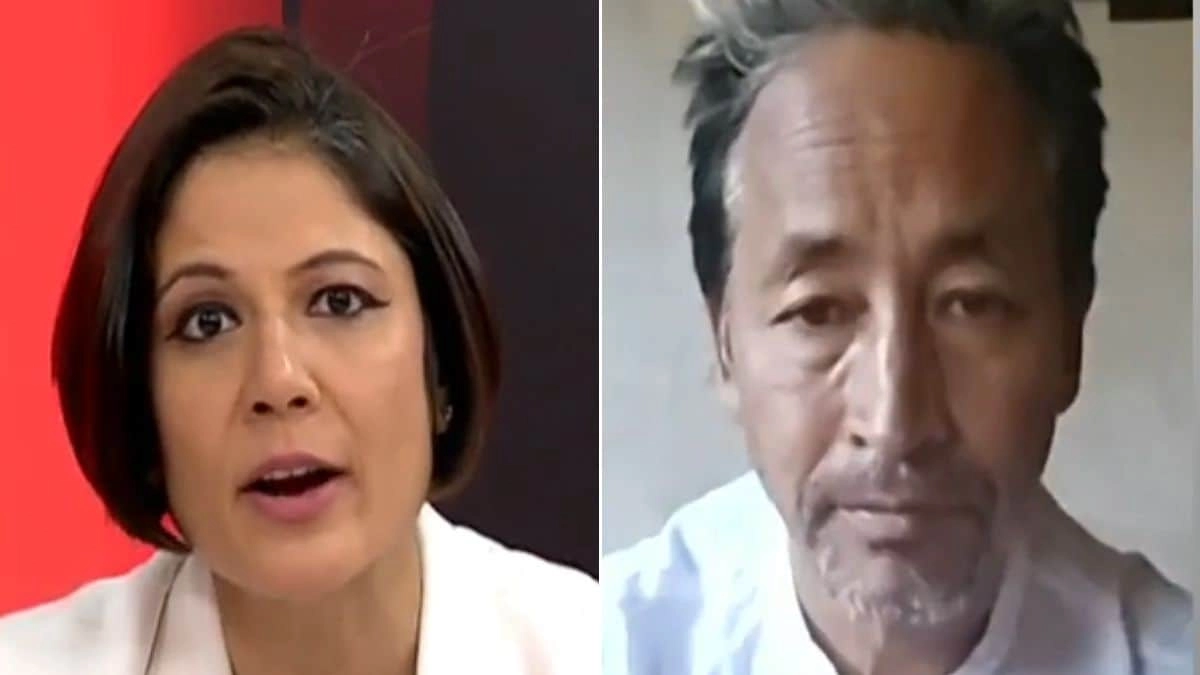Former President Donald Trump recently expressed his views regarding China’s handling of its diplomatic relations during a significant ceremony. He emphasized that it would have been appropriate for China to acknowledge the United States in their remarks. Trump’s comments reflect his ongoing concern about the dynamics of international relations, particularly how countries like China communicate and engage with the U.S. as a global superpower. He believes that recognizing the role of the United States in international affairs is crucial, especially during events that could further solidify diplomatic ties.
During the ceremony, which was marked by various formalities and celebrations, Trump argued that the absence of any mention of the U.S. was indicative of a broader trend in international diplomacy that he finds troubling. His remarks highlight a recurring theme in his political rhetoric, where he often calls for a more assertive stance from the U.S. on the world stage. Trump’s view is that a lack of acknowledgment can lead to misunderstandings and missed opportunities for collaboration between nations. He seems to advocate for a more proactive approach in fostering bilateral relationships, stressing the importance of mutual respect and recognition.
By bringing attention to this omission, Trump aims to spark a conversation about the significance of diplomatic courtesy and the expectations that come with international relationships. He believes that the acknowledgment of the U.S. would not only enhance diplomatic ties but also serve as a reminder of the interconnectedness of global politics. This perspective is aligned with his broader vision of an America that is respected and recognized in the international arena. As geopolitical tensions continue to evolve, such sentiments resonate with a segment of the population that values strong national representation on global platforms.
In conclusion, Trump’s comments on China’s ceremony serve as a reflection of his ongoing belief in the necessity of prioritizing American interests and influence abroad. His perspective invites further discussion on how countries engage with one another and the implications of such interactions for global diplomacy. As nations navigate complex relationships in a rapidly changing world, the importance of recognition, respect, and acknowledgment in international ceremonies and communications remains a critical aspect of fostering enduring partnerships.




